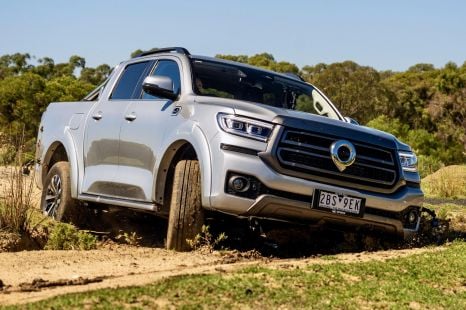

Max Davies
2026 GWM Cannon Ultra review
5 Days Ago
The Australian Government is investing billions in new infrastructure projects, road safety and an extension of its apprenticeship program.

News Editor
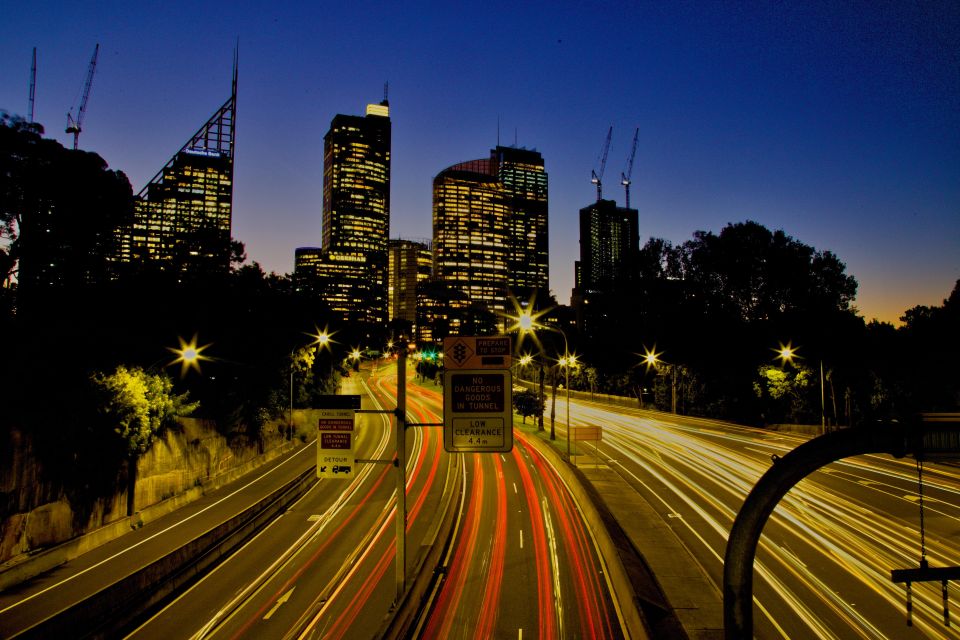

News Editor
The Federal Government has committed an additional $15.2 billion towards infrastructure projects plus $2 billion in road safety and community infrastructure projects.
Not present in the 2020-21 budget are any subsidies for electric vehicles, while no Federal Government-led expansion of Australia’s electric vehicle charging infrastructure has been mooted.
The Federal Government has announced it’ll continue its instant asset write-off program, while also boosting investment in new apprenticeships.
The $15.2 billion figure includes a series of new commitments consisting primarily of highway upgrades, and is part of the Government’s $110 billion 10-year investment pipeline.
The extra investment is expected to add 30,000 jobs over the lives of those projects, over and above the 100,000 new jobs created by the 10-year pipeline.
New South Wales gets the largest investment, with $3.3 billion earmarked. That consists of $2 billion for upgrades to the Great Western Highway between Katoomba and Lithgow and $500 million for Princes Highway Corridor upgrades.
South Australia is narrowly behind with a planned $3.2 billion investment, including $2.6 billion for the North-South Corridor from Darlington to the Anzac Highway.
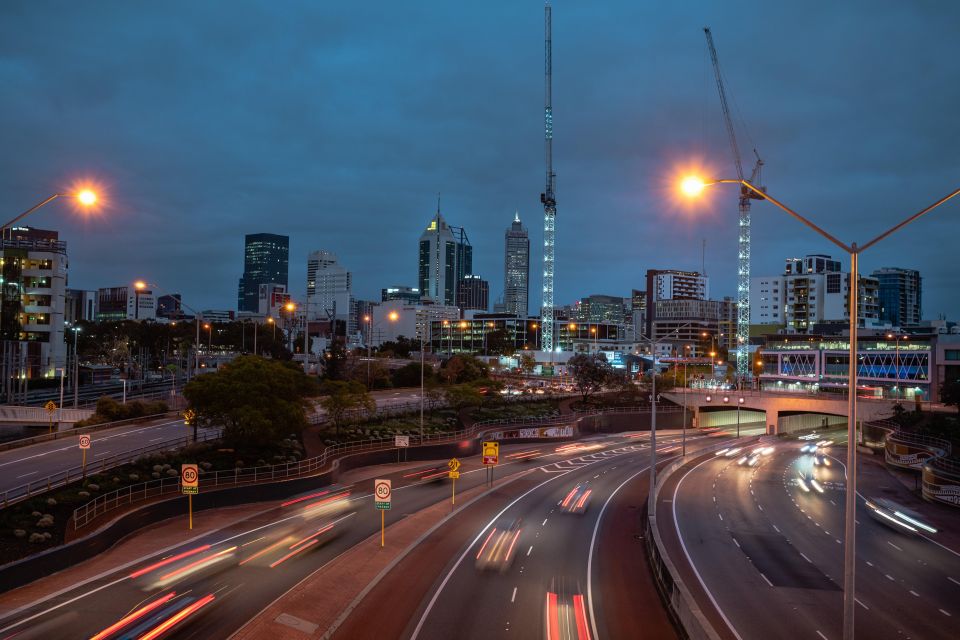
Victoria is receiving an investment of $3 billion for projects, including $2 billion for the Melbourne Intermodal Terminal that will handle freight. There are also investments of $380 million and $250 million slated for the Pakenham Roads and Monash Roads upgrades.
$1.6 billion has been earmarked for Queensland, including $400 million for the Bruce Highway.
Western Australia is slated to receive $1.3 billion, though there are no massive new marquee projects. The largest planned investment listed by the Government is $237.5 million for METRONET works at Hamilton and Wharf Streets.
The Northern Territory gets $323.9 million, which includes $173.6 million for gas industry road upgrades and $150 million for national highway upgrades.
Tasmania is just behind with $322.6 million, including $113.4 million for Midland Highway upgrades.
Light rail is getting a boost in our nation’s capital, with the lion’s share of the Australian Capital Territory’s $167.3 million figure – $132.5 million – going towards Stage 2A of the Canberra Light Rail.
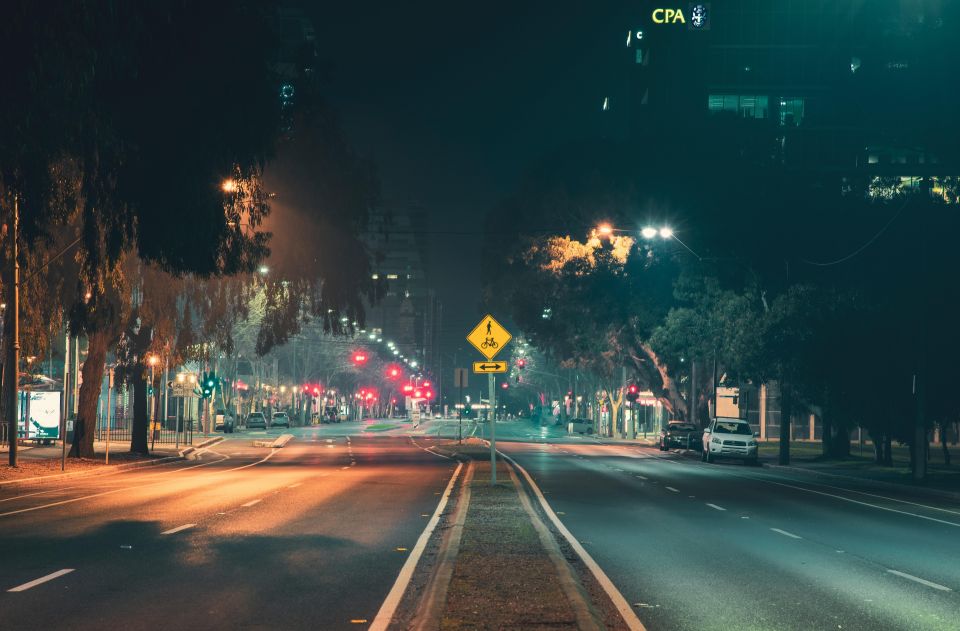
The overall figures for each state and territory also include an investment in road safety and community infrastructure projects. The investment in both types of projects rings up at $1 billion each.
The amounts are:
The Local Roads and Community Infrastructure Program allows local councils to apply for funding from the Federal Government.
External territories haven’t been forgotten either, with a $79.6 million investment planned to help these residents access critical services.
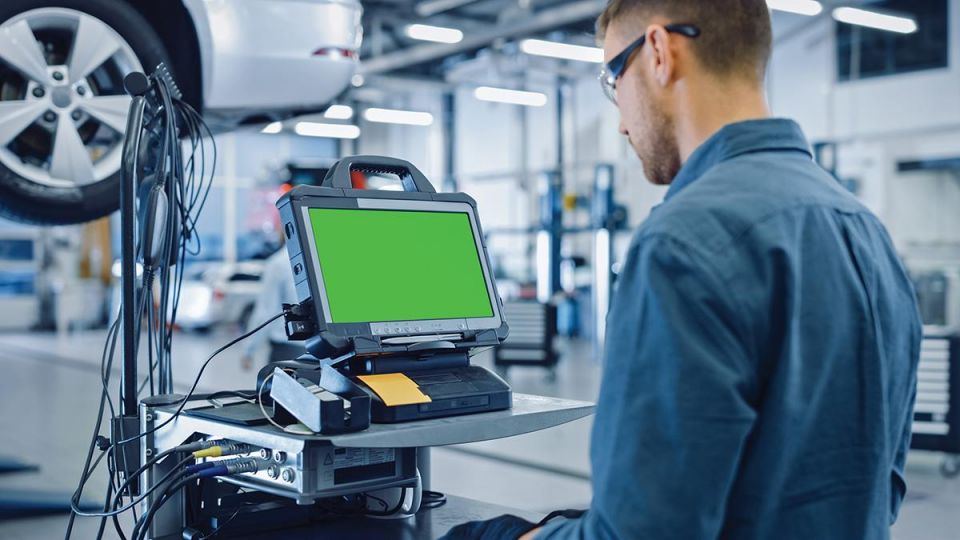
Last year’s $1.2 billion investment in apprenticeships has been followed by a $2.7 billion extension of the Boosting Apprenticeships Commencements program.
This is expected to support more than 170,000 new apprentices and trainees.
Businesses will get a 50 per cent wage subsidy over 12 months for newly commencing apprentices or trainees who are signed up by March 31, 2022, capped at $7000 per quarter for each apprentice or trainee.
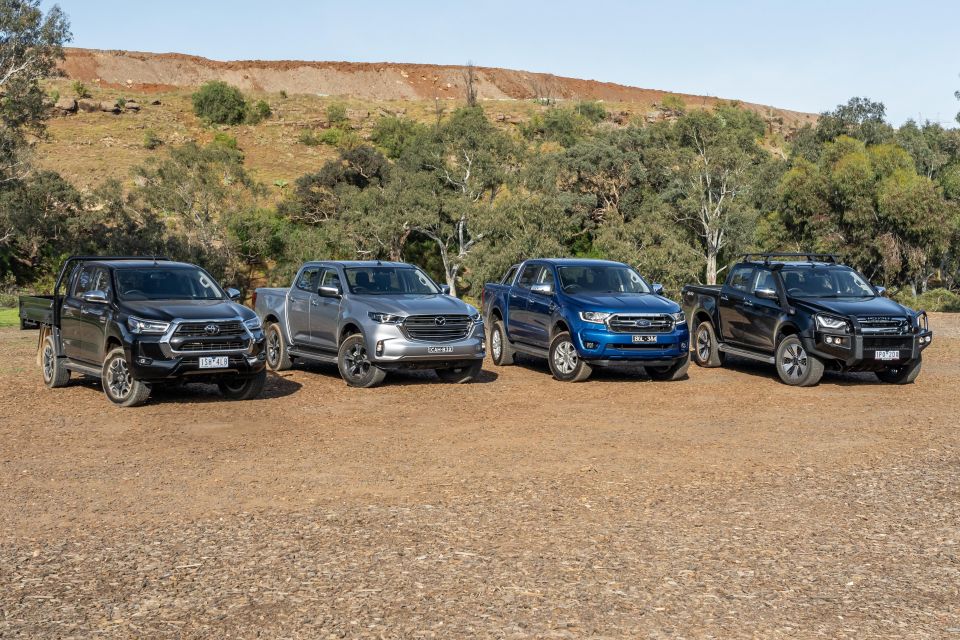
The program commonly referred to as the instant asset write-off scheme is being continued, with the Federal Government extending temporary full expensing and temporary loss carry-back for an additional year.
This is expected to boost GDP by around $2.5 billion in the 2020-21 financial year and $7.5 billion in 2021-22, creating around 60,000 jobs by the end of 2022-23.
“The extension of the full expensing measure until 30 June 2023 will come as welcome news for many in our industry. This will give businesses including Australia’s more than 3,000 Dealerships the confidence to invest,” said Australian Automotive Dealer Association CEO James Voortman.
“The significant tax relief provided to many middle- and lower-income Australians is welcome news and will no doubt instil consumers with the confidence to spend.”
The Government says the extension of temporary full expensing and loss carry-back will deliver $20.7 billion in tax relief to businesses and support an additional $320 billion of investment.
As before, temporary full expensing applies to businesses with a turnover of less than $5 billion.
The government has committed to a ‘production payment’ to support local oil refineries to continue operations. This could open the door to delivering greater fuel standards as repeatedly called for by the FCAI.
No dollar figure has been announced yet for this support.
William Stopford is an automotive journalist based in Brisbane, Australia. William is a Business/Journalism graduate from the Queensland University of Technology who loves to travel, briefly lived in the US, and has a particular interest in the American car industry.


Max Davies
5 Days Ago
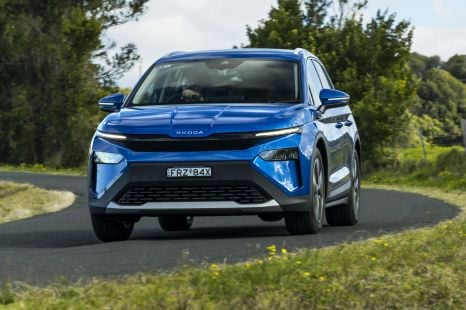

Josh Nevett
4 Days Ago
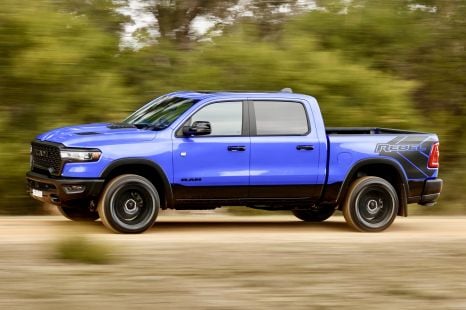

Max Davies
4 Days Ago


Max Davies
2 Days Ago


Damion Smy
2 Days Ago
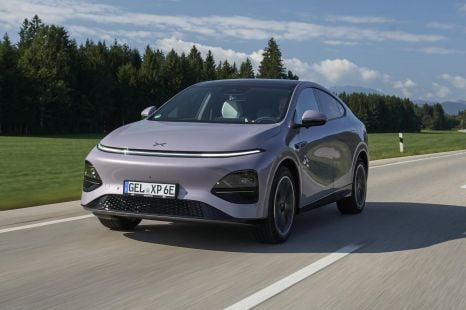

Neil Briscoe
1 Day Ago